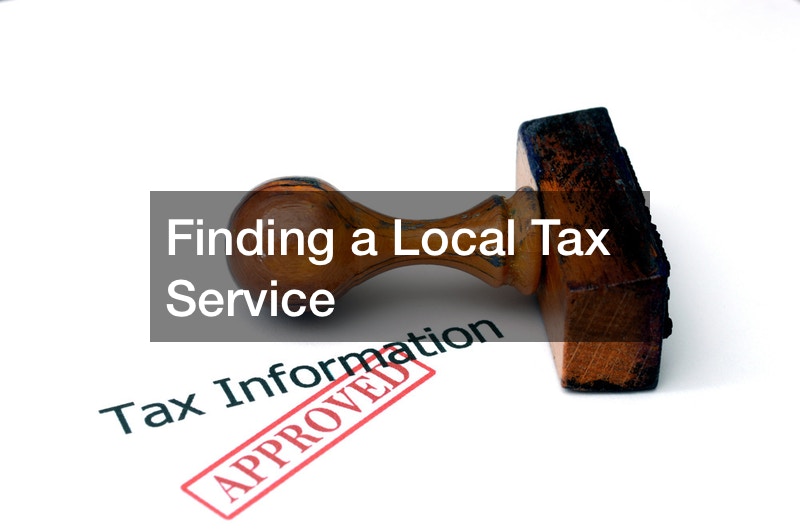
It’s crucial for any collector to understand the key details a local coin buyer prioritizes when evaluating coins. Understanding these aspects can help individuals make informed decisions when buying or selling coins.
Rarity and History
Local coin buyers often focus on specific types of coins, including rare, historical, or collectible pieces. Understanding which coins are currently in demand increases the likelihood of successful transactions.
Coins from notable historical periods may attract higher values due to their significance.
Additionally, the popularity of specific genres, such as coins made from precious metals like gold and silver, can fluctuate with market trends. Buyers are particularly interested in coins that highlight unique characteristics, like mint errors or limited production runs. Being familiar with popular types of coins can help both sellers and buyers navigate the market more effectively.
Overall, knowing the types of coins that local buyers are searching for can significantly impact the ease of transactions. The more informed you are about collector preferences and trends, the better prepared you will be to present your coins in a compelling way that attracts potential buyers.
Condition and Grading
The grading of coins is crucial, and local buyers typically assess various factors, including wear, scratches, and overall aesthetics. Coins are often graded using standardized systems that help buyers understand their quality and value. The condition can greatly affect a coin’s market price, making it essential for sellers to be mindful of this aspect.
Local buyers may look for signs of preservation or damage that indicate a coin’s overall health. Higher grades usually reflect minimal wear or blemishing, while lower grades can denote significant imperfections. Being equipped with information about grading levels can help sellers accurately evaluate their coins ahead of time.
Mastering the art of coin grading can improve your transactions significantly. By understanding how local coin buyers assess condition, you’ll be able to present your coins with greater transparency. This can build trust between buyers and sellers, leading to smoother negotiations and potentially higher sale prices.
Documentation and Authenticity
Provenance, authenticity certificates, and other relevant documentation can greatly influence a coin’s value. Buyers are more likely to invest in coins that come with thorough documentation, ensuring their authenticity and historical significance. Knowing what documents buyers expect can streamline your selling process.
For instance, coins that have been graded by professional bodies such as the Professional Coin Grading Service (PCGS) often have higher appeal. This industry recognition can bolster confidence among potential buyers and increase the perceived value of the coin. Collectors are particularly interested in the lineage or history of the coin, which serves to verify its authenticity and true value.
In addition, being proactive in gathering necessary documentation can make for a smoother transaction process. When you are equipped with all relevant paperwork, it demonstrates professionalism and seriousness about the sale. Buyers are more inclined to invest when they are provided with credible documentation that supports the coin’s value and history.
Market Trends
Local coin buyers keep a close eye on economic factors and collector interests that influence coin values. The market for coins can be quite volatile, depending on varying economic conditions and shifts in collector preferences. Staying updated on these trends can help both buyers and sellers make better decisions.
Factors such as the price of precious metals, economic downturns, or increased collector interest in specific categories all play a role in determining coin values. Buyers often adjust their offers based on these fluctuating elements, and understanding them can lead sellers to time their sales more strategically. When demand rises, sellers can often expect to receive better offers for their coins.
Furthermore, changes in the market can introduce new collectible trends, leading to increased interest in previously overlooked coin types. Keeping informed about how the market evolves can provide valuable insights for both buyers and sellers. Knowledge of current trends allows sellers to adjust their selling strategies accordingly and potentially maximize their returns.
Mistakes to Avoid
Understanding typical pitfalls such as overpricing, lack of research, and neglecting to ask for expert opinions can save both local buyers and sellers from financial loss. Overpricing can deter potential buyers, leading to prolonged sales and unsold inventory. It’s essential to set realistic price expectations based on current market conditions and personal coin assessments.
Lack of research can leave sellers ill-prepared and unable to answer buyer questions convincingly. Familiarity with the specific details about their coins enables sellers to negotiate more effectively. Consulting with experts or participating in local coin clubs can provide sellers with valuable insights and prevent avoidable mistakes.
Neglecting to ask for expert opinions when in doubt can lead to costly errors. Before finalizing a transaction, consulting with professional appraisers can clarify pricing and authenticity issues. Being well-informed and cautious can significantly enhance the experience of buying or selling coins, fostering a more productive marketplace.
By staying aware of what local coin buyers focus on, sellers can better prepare their coins and documentation, ultimately leading to more successful transactions. Educating oneself on these aspects can promote a healthier coin marketplace for everyone involved. The world of coin trading can be complex, but understanding buyer priorities simplifies the process for everyone.




